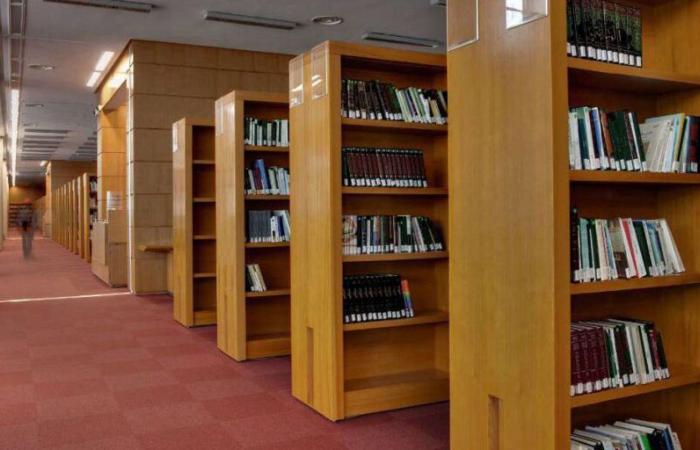The book chain is suffering in the Kingdom, it’s no secret. ECO Inspirations interviewed two historical players in the sector to gather their observations and their hopes.
In 2019, the Economic, Social and Environmental Council (EESC) published an opinion entitled “Promoting reading, urgency and necessity”. The alarming observation pointed out, “across our country, the decline in reading and activities helping to consolidate and enrich the knowledge and knowledge of the citizen”.
This decline is explained in particular by the absence of a family and educational environment favorable to reading, an insufficient number of public libraries, despite the real actions deployed “both by public authorities and by civil society actors. “.
Alarming figures
The 2022-2023 report from the King Abdul-Aziz Al Saud Foundation for Islamic Studies and the Human Sciences does not, for its part, give any particular reasons to hope for an improvement in the short term, but specifies some figures. Editorial production for 2002-2023 includes 3,482 titles.
For almost 37 million inhabitants, that’s not much! 79.1% of literary and intellectual production is in Arabic, the French language represents 16.31% and Amazigh 1.5% (but 6.53% of literary production).
Thus, for novels alone, the foundation counts 179 in Arabic, 63 in French, 12 in Amazigh and three in other languages. Poetry is more active in Arabic, with 160 titles, compared to 22 in Amazigh and 20 for other languages.
As for translations, they represent only 6.46% of total publications. It should be noted that 64.64% of Moroccan authors write in Arabic, their production in French representing only 27.5%. Private publishers published 1,329 titles that year. But only 19 of them have published more than 20 books, which suggests the difficulties that “small” publishers can encounter. Another key data: the average price of the book was around 83.70 dirhams, down almost 13 dirhams compared to the previous year.
-Digitalization in its infancy
Paper publications represent 92% of titles. In detail, the digital production noted by the foundation’s report is mainly due to institutions and their reports, most often technical or legal.
Digital publishing is therefore in its infancy, as two historic players in the publishing sector, Layla Chaouni and Bichr Bennani, confirmed to us, drawing on their respective experiences.
Le Fennec has just opened an online sales service on its website, while Tarik Éditions offers a selection of titles in e-book format on foreign platforms.
For paper books, their testimonies express overall satisfaction with Moroccan printing and manufacturing in general, but a huge lack in distribution, with a devastated bookstore sector.
Their ideas on how to support the entire sector may vary, but agree on the need to find new, innovative solutions. Sometimes at the risk of surprising other actors in the chain…
Murtada Calamy / ECO Inspirations






